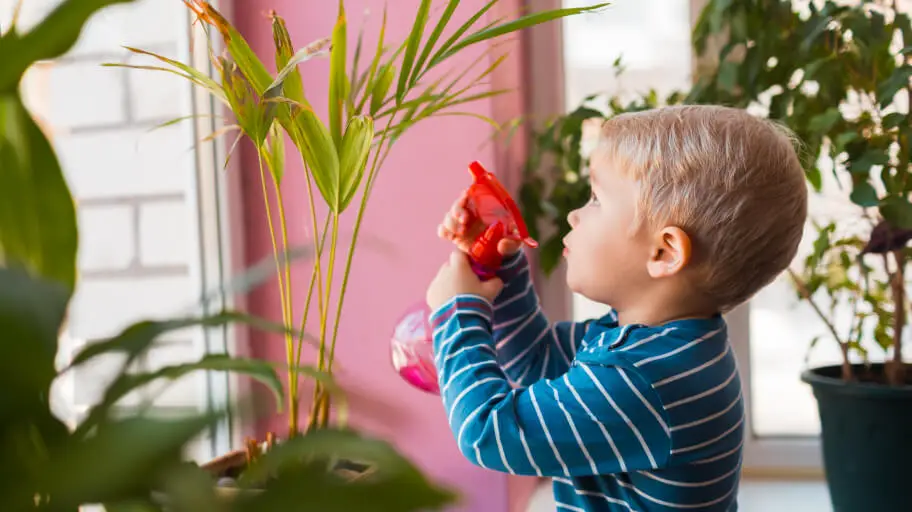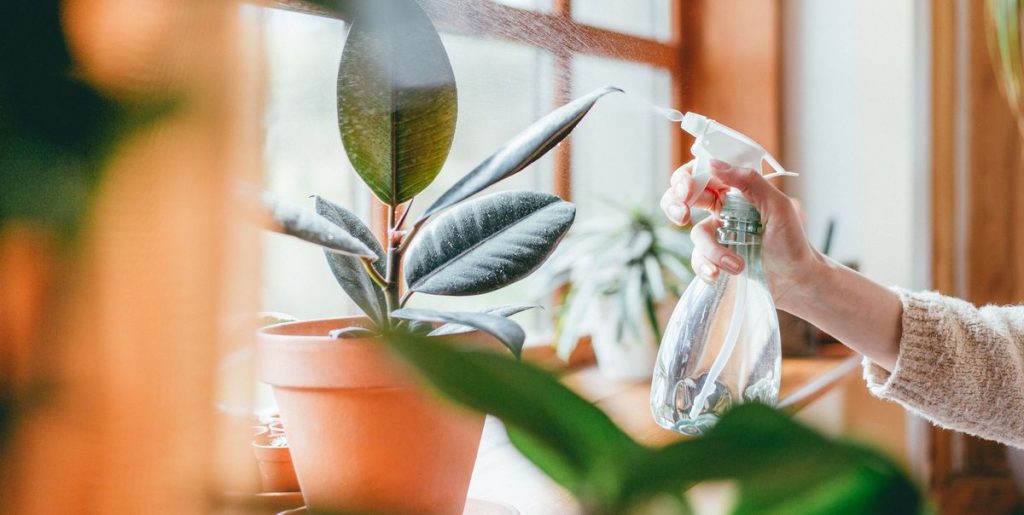Summer is the time to show your green thumb and take care of your beloved plant babies. During the summer, plants need special attention to stay healthy, vibrant, and growing. Caring for your plants in the summer can be intimidating but don’t worry, we’ve got you covered! In this blog post, we’ll provide what you need to know to care for your plants in the summer. From watering frequency to dealing with pests, we’ll discuss it all so you can ensure your plant babies are happy and healthy all summer long.
Choosing the right plants for summer
Summer can be hard on your beloved plant babies, so choosing the right plants that can withstand the hot weather is important. Here are some pointers for choosing the best plants for your summer garden:
- Choose drought-resistant plants: Water can be scarce in the summer, especially during a drought. Choose plants adapted to arid climates, such as succulents, cacti, and lavender. These plants can go days or weeks without water, making them the perfect choice for hot summers.
- Select plants that love the sun: In the summer, the sun can be intense, and it’s important to select plants that thrive in the sun. Sun-loving plants like petunias, marigolds, and geraniums will flourish in the hot weather, making your garden look vibrant and colorful.
- Pick plants with heat tolerance: Summer temperatures can get incredibly hot, which can be hard on specific plants. When choosing plants for your summer garden, look for those specifically bred to be heat tolerant, like lantana, portulaca, and verbena.
- Consider native plants: Plants native to your area have evolved to withstand the conditions in your specific region, making them ideal for summer. Check with your local garden center or botanical garden to see what plants are native to your area.
Choosing the right plants for summer can be the key to a garden that flourishes and one that withers away. With this in mind, you’ll be well on your way to creating a beautiful summer garden that will thrive in the heat.
Watering tips for summer
Summer is a season that requires special attention when it comes to watering your plants. The hot temperatures and increased sunlight can lead to soil drying out quickly. Here are some tips to for healthy and happy plants during the summer:
- Water your plants in the evening or in the morning. Watering during the hottest part of the day can cause the water to evaporate before it can soak into the soil.
- Water your plants deeply and thoroughly. Shallow watering can lead to root growth on the surface, making the plant more vulnerable to heat and drought.
- Consider using a self-watering system or adding a water-absorbing gel to your pots and planters. This will assist in retaining moisture and reduce the need for frequent watering.
- Inspet the moisture level of the soil before watering. Stick your finger in the soil to see if it is dry. If it feels dry, it’s time to water.
- Use a watering can with a narrow spout or a drip irrigation system to water your plants directly at the root. This helps prevent water from evaporating and ensures plants get the hydration they need.
Sunlight requirements for summer plants
Summer is a time when plants thrive, but it’s important to ensure they’re getting the right amount of sunlight. There are a few plants that require more sunlight than others, so it’s essential to understand the requirements of each of your plant babies. Below are some suggestions to help your plants get the proper amount of sunlight that it needs in the summer:
- Check the sunlight requirements of your plants: It’s very important that you know the specific needs of your plants. Some require full sunlight, while others prefer partial shade. Make sure you’re placing each plant in a spot where it will receive the sunlight it needs.
- Provide shade: Some plants may require protection from direct sunlight. This is crucial during the hottest part of the day. Use shades or umbrellas to protect your plants from harsh sunlight.
- Rotate your plants: Some plants will get more sunlight than others if they’re all in the same spot. Rotating your plants regularly can help ensure they all get the right amount of sun.
- Avoid exposing your plants to extreme temperatures: When it’s hot outside, avoid exposing them to direct sunlight for too long. It can cause their leaves to wilt or even burn.
- Monitor your plants: Keep an attentive eye on them to ensure they’re getting enough sunlight. You may need to adjust their placement or provide additional shade if they’re not thriving.
Pest control in summer
Summer is the prime time for pests, so your plants could be at risk. To protect your plant babies from unwanted visitors, there are a few things that you can try:
- Identify the pests: Firstly, you need to identify what pests are causing trouble in your garden. You can do this by examining your plants’ leaves, flowers, and stems. Look for any discoloration, holes, or chew marks that may indicate the presence of pests.
- Natural remedies: If you have identified a pest problem, you can try natural remedies such as neem oil, garlic, or diatomaceous earth. These remedies are less toxic than chemical insecticides and are safe for your plants.
- Chemical treatments: If the pest problem is severe, you may need chemical treatments. Always use the recommended dosage and follow the instructions carefully. Use a product specific to the pest you are trying to eliminate. Prevention is the key to keeping pests away from your plants. One way to do this is by maintaining good plant hygiene. Remove any dead or damaged leaves and clear out fallen debris. This will prevent pests from using your garden as a breeding ground.
- Companion planting: Another way to prevent pests is by companion planting. This involves planting certain species of plants together, which can help deter pests. For example, marigolds are known to repel insects, while lavender attracts bees, which can help pollinate your plants.
Caring for your plant babies during the summer doesn’t have to be daunting. With proper planning and a few essential tips, you can ensure that your plants thrive during the summer months. Remember to choose plants suitable for the hot and dry weather, water them consistently, provide adequate sunlight, and protect them from pests. With a little effort and care, your plant babies will reward you with beautiful blooms and lush foliage.
Happy gardening!


